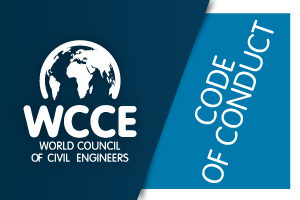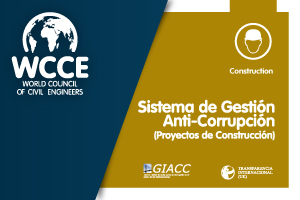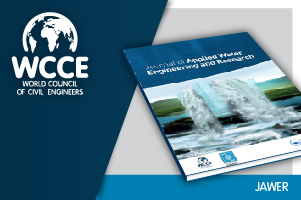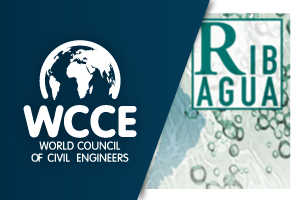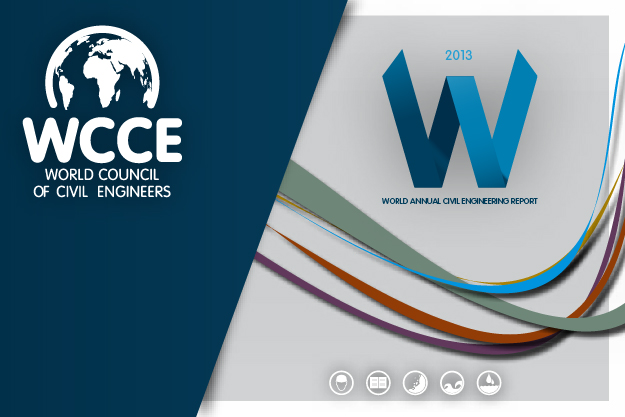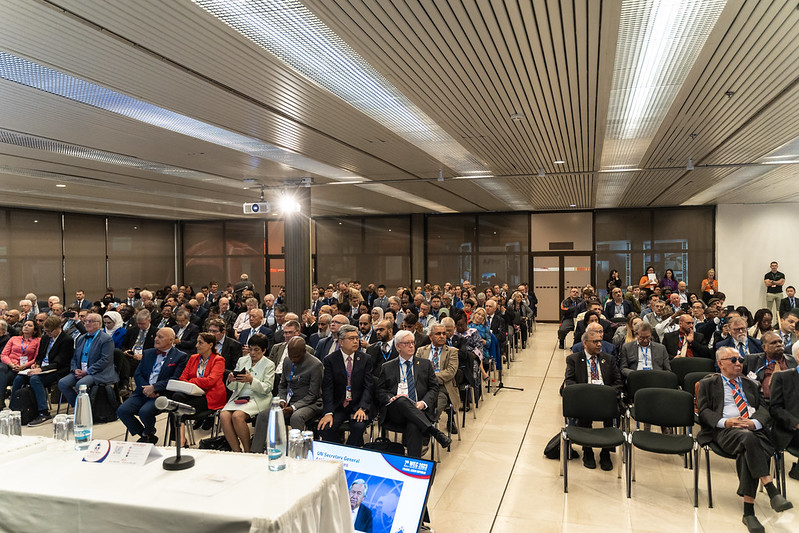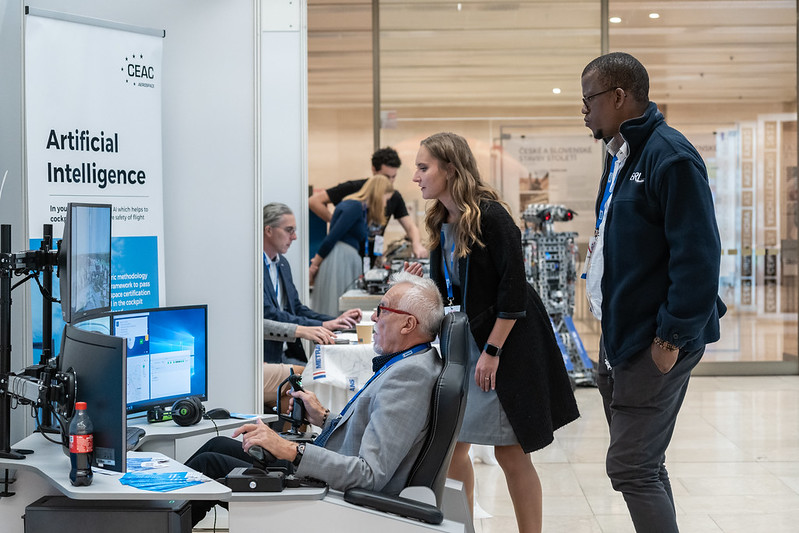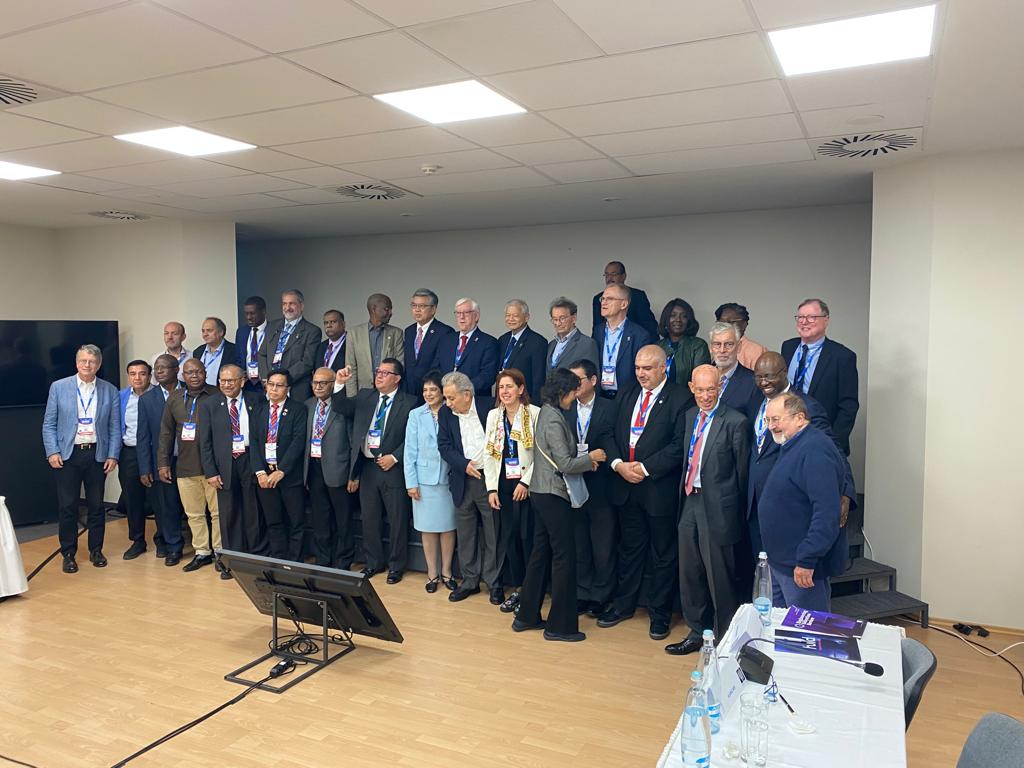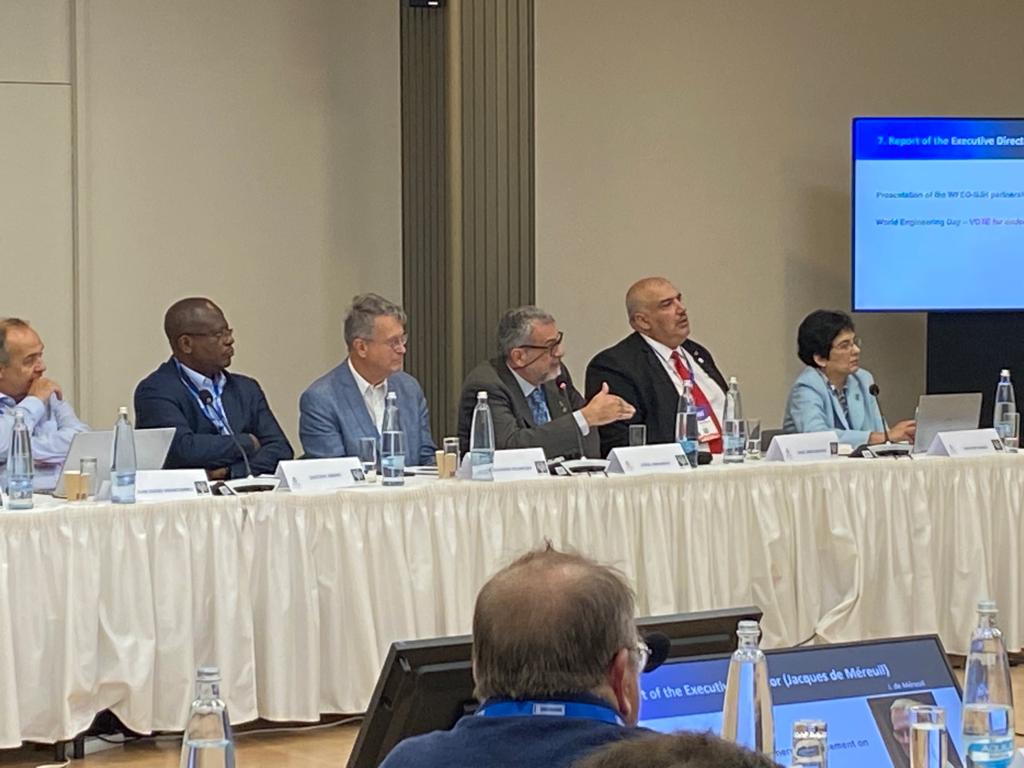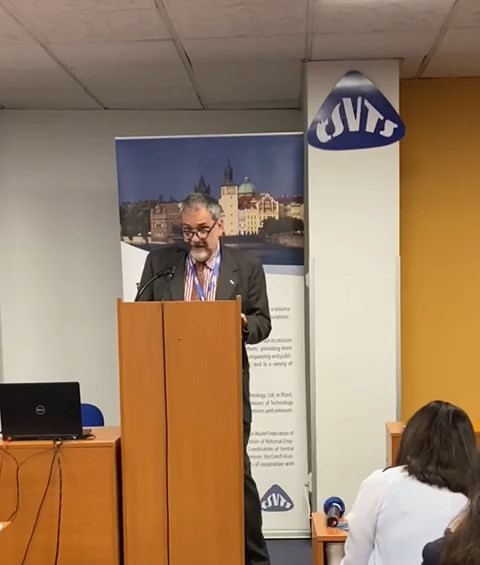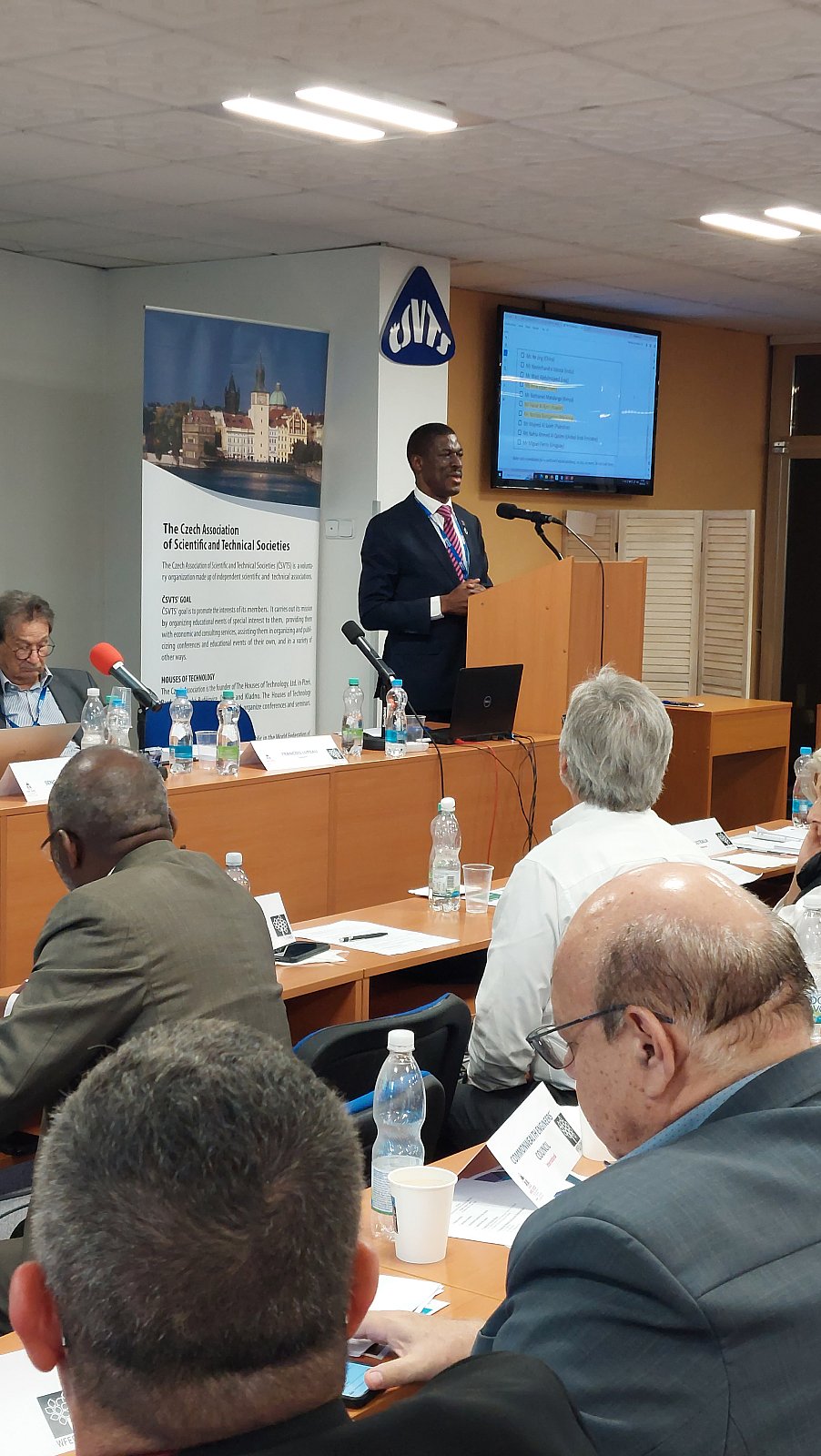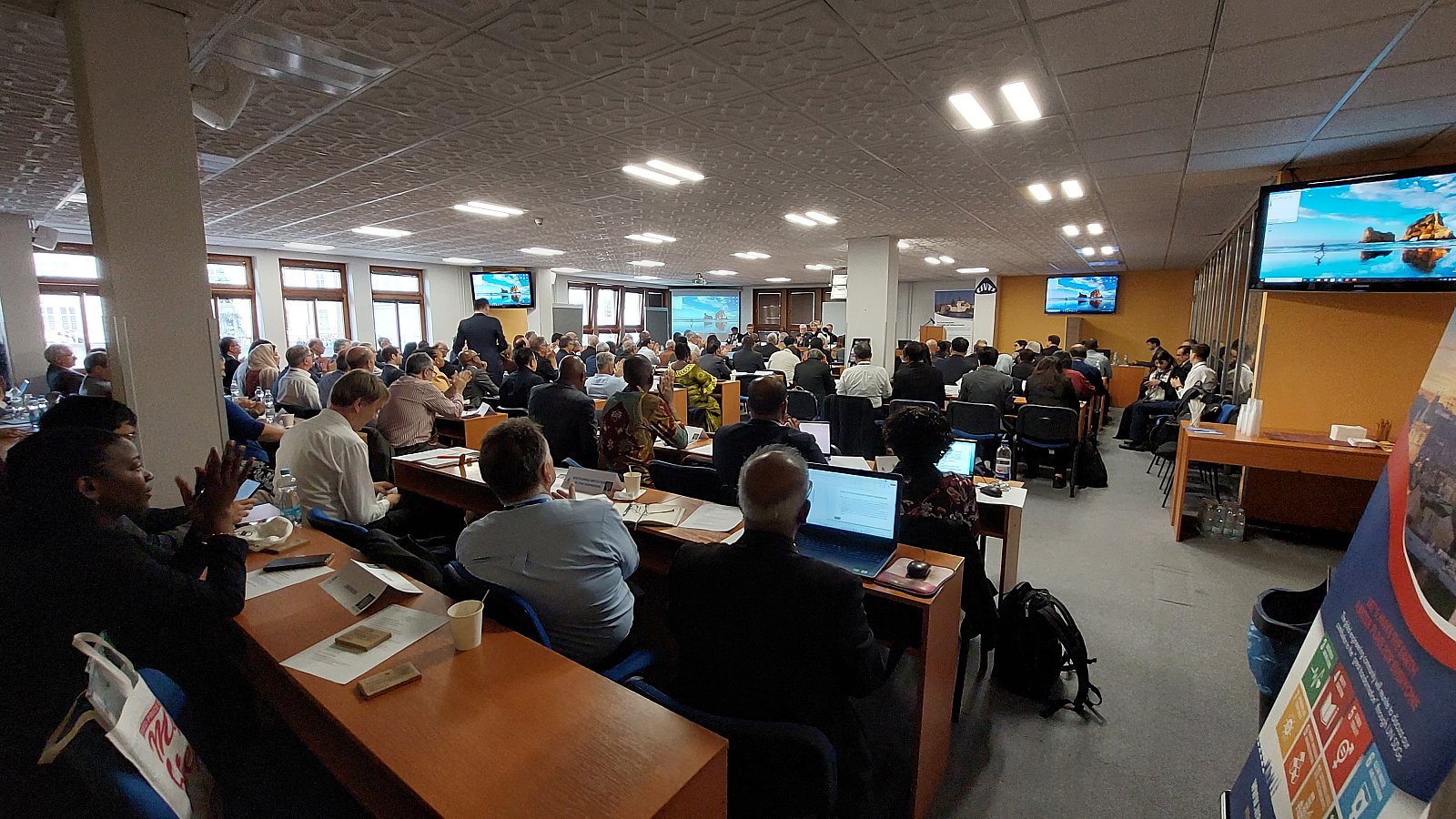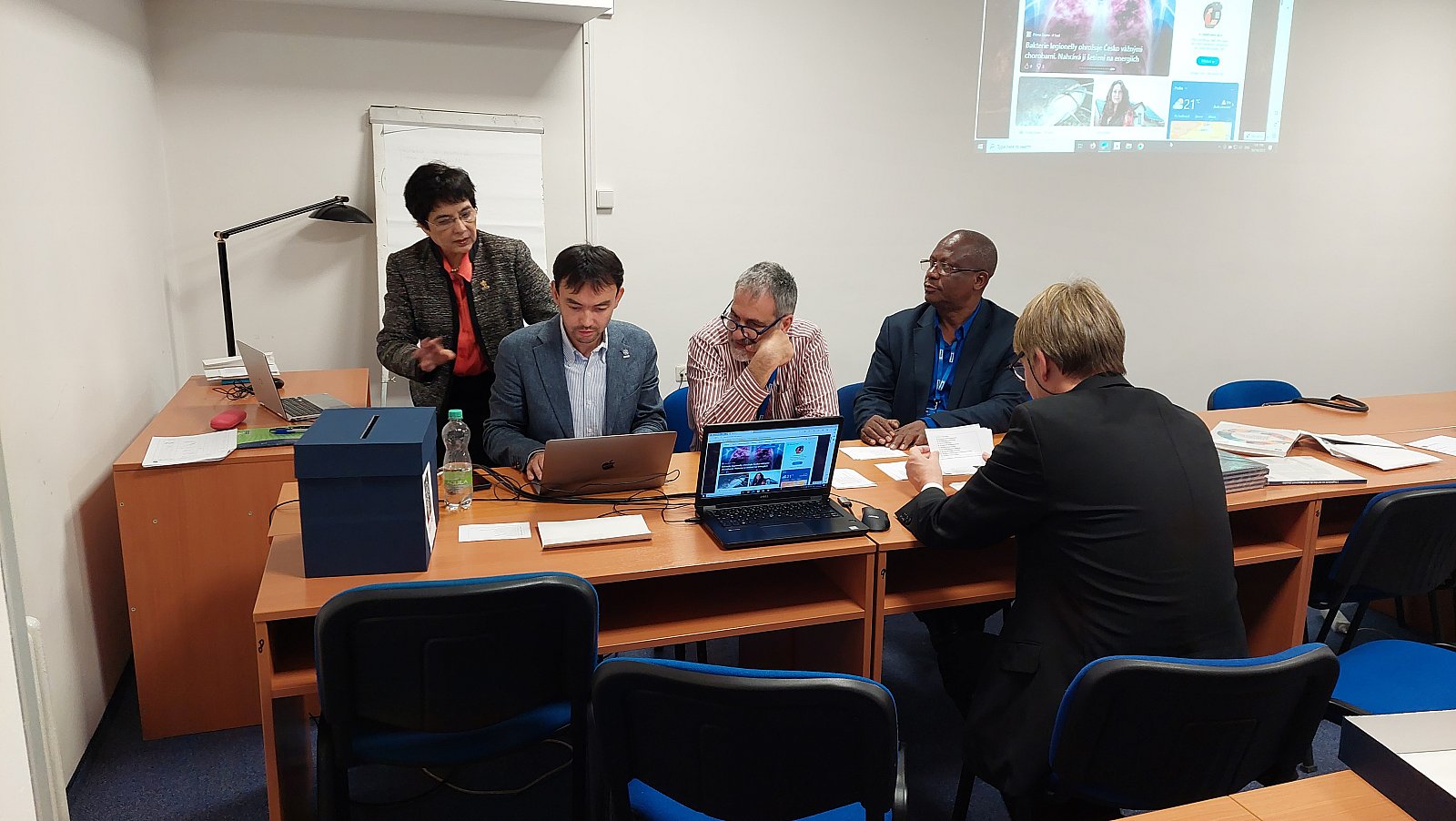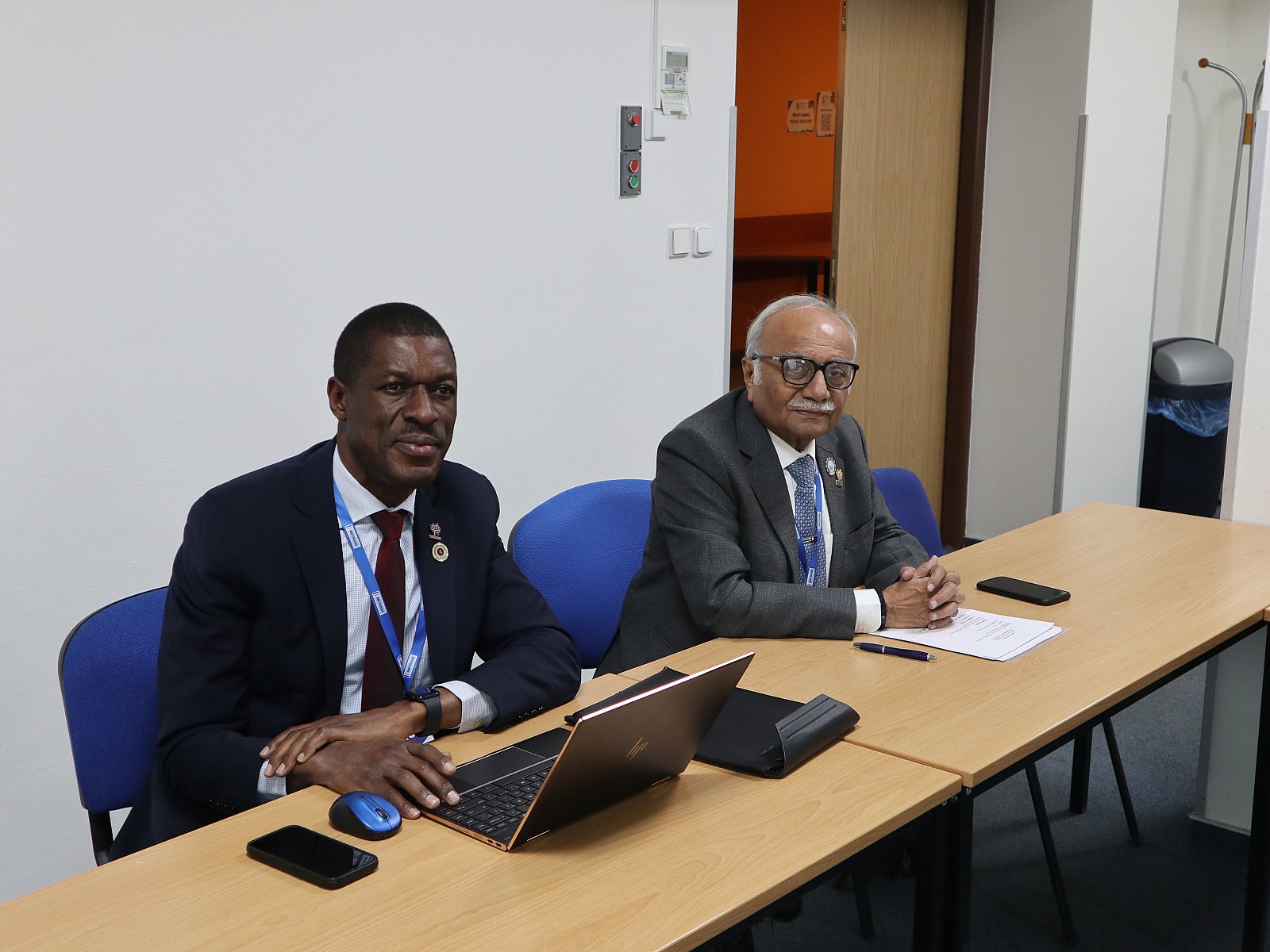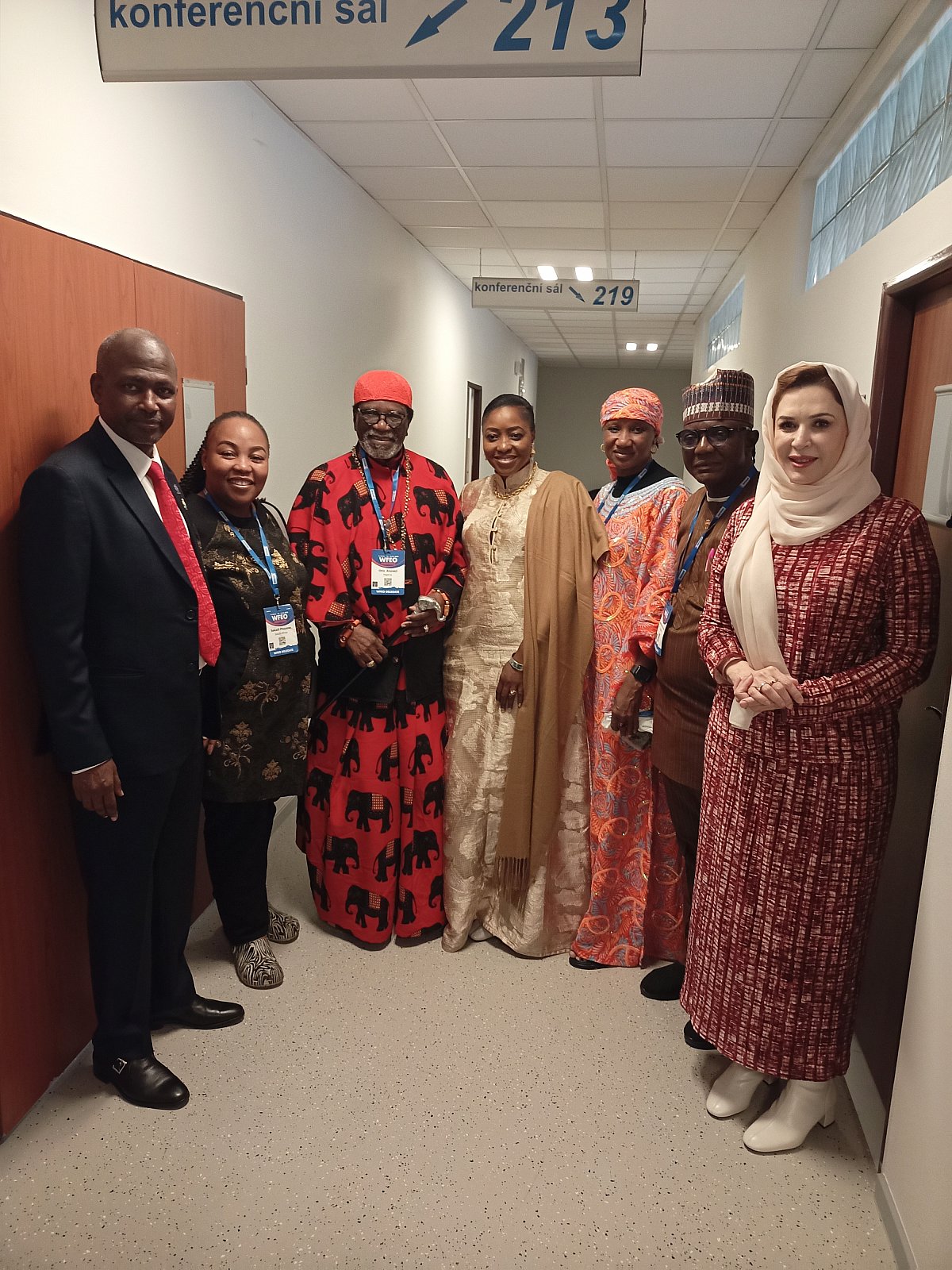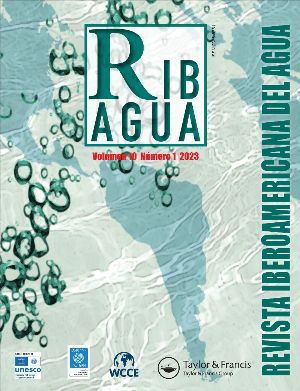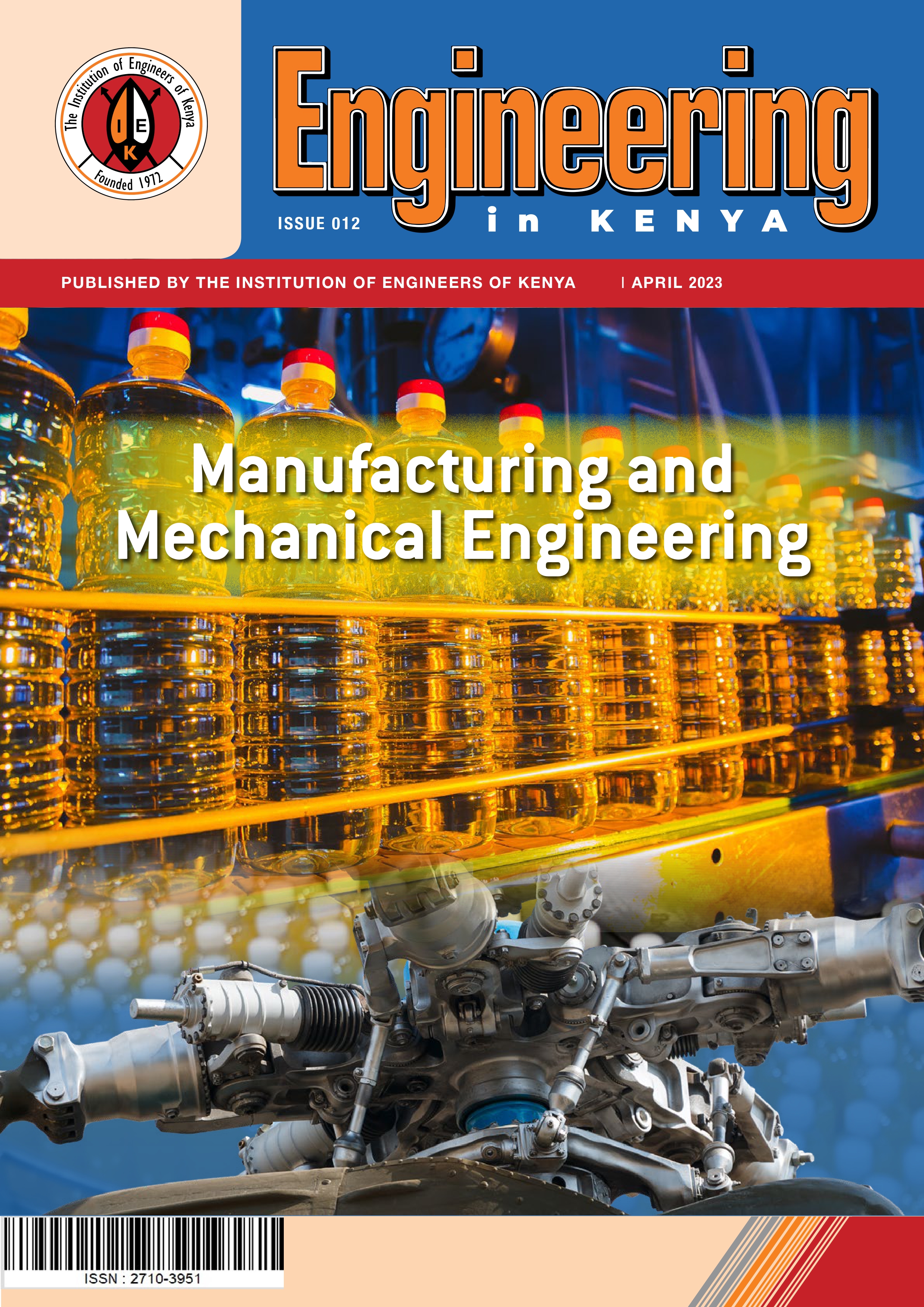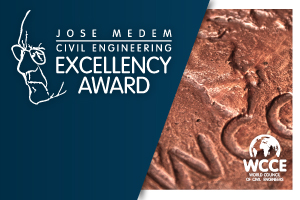📰 Echoes of WCCE's 2nd Extraordinary General Assembly
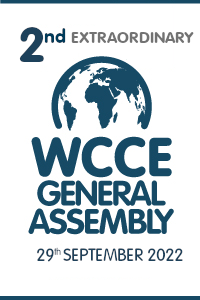 WCCE’s 2nd Extraordinary General Assembly of the World Council of Civil Engineers was held virtually on 29th September 2022. The celebration of such Extraordinary Assembly was required by WCCE by-laws as the procedure to propose any changes in the bylaws. The meeting was attended exclusively by WCCE member representatives regarding the matters addressed. All member organizations entitled to vote attended this milestone meeting. The General Assembly also launched several initiatives which will be finalized during WCCE's 17th General Assembly.
WCCE’s 2nd Extraordinary General Assembly of the World Council of Civil Engineers was held virtually on 29th September 2022. The celebration of such Extraordinary Assembly was required by WCCE by-laws as the procedure to propose any changes in the bylaws. The meeting was attended exclusively by WCCE member representatives regarding the matters addressed. All member organizations entitled to vote attended this milestone meeting. The General Assembly also launched several initiatives which will be finalized during WCCE's 17th General Assembly.
🧾 Global consultation on disaster risk management, resilience and sustainability in the built environment.
![]() The International Coalition for Sustainable Infrastructure (ICSI), a partnering organization with WFEO, is launching a global consultation to collect views from members of the engineering community on topics related to the implementation of disaster risk management, resilience and sustainable development in the built environment.
The International Coalition for Sustainable Infrastructure (ICSI), a partnering organization with WFEO, is launching a global consultation to collect views from members of the engineering community on topics related to the implementation of disaster risk management, resilience and sustainable development in the built environment.
As part of this consultation, ICSI is seeking input and feedback from engineering institutions, practitioners and academics through this survey, expert interviews and convenings.
📯 WCCE's Infrastructure Report Review Team
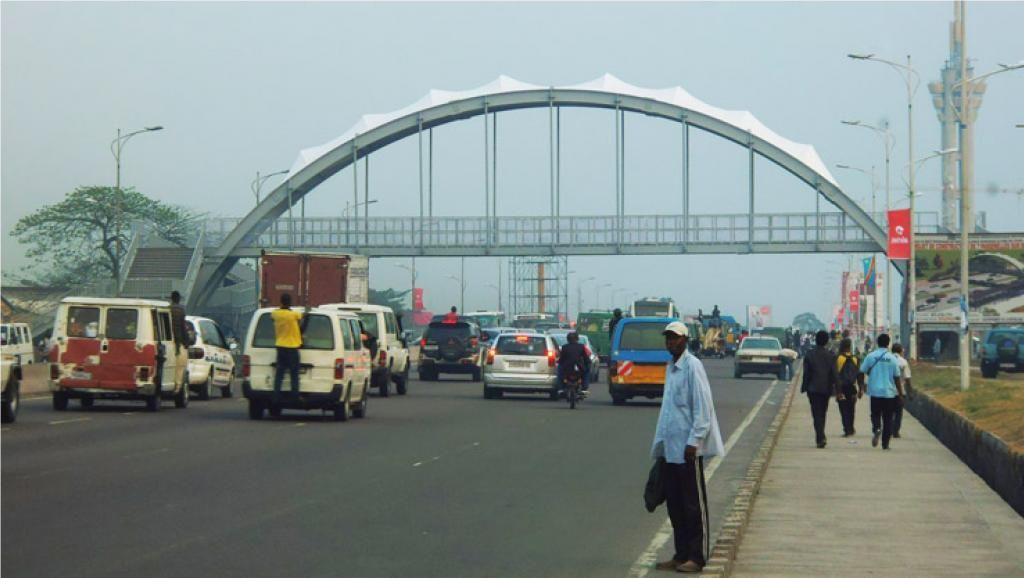 WFEO appointed WCCE as one of the two task groups to review WFEO's infrastructure report card deliverables. The report Infrastructure Report for Africa South of the Sahara was directed by FAEO and chaired by Eng. Dr. Martin van Veelen.
WFEO appointed WCCE as one of the two task groups to review WFEO's infrastructure report card deliverables. The report Infrastructure Report for Africa South of the Sahara was directed by FAEO and chaired by Eng. Dr. Martin van Veelen.
The report’s objectives are twofold:
-
-
- to increase awareness of the importance of economic and social infrastructure and the associated role of engineering and built environment professionals, and
- to promote the professions and built environment as a career destination.
-
In that sense, the report includes evaluations of the infrastructure related to the different economic and social sectors, like energy, sanitation, roads, water supply, airports, ports, etc. WFEO accepted the nomination of a team of four official reviewers, Andreas Brandner (Austria) as the team leader, Joan Nweke (Nigeria), Eng. Justus Otwani (Kenya), and Gerardo Castillo (Costa Rica). Additionally, Victor Smith (Liberia) and Jorge E. Abramian (Argentina) will integrate the team as collaborators.
📯 WCCE at CONFEA's Brazilian Engineering and Agronomy Week
 CONFEA, the Brazilian Council of Engineering and Agronomy, extended an invitation to WCCE’s President Jorge E. Abramian, to participate in the 77th Official Engineering and Agronomy Week “Technology, sustainability, and Social Responsibility” . Conducted in Portuguese, this hybrid event (Face-to-face and online), will cover topics such as natural disasters, education, innovation, mobility, and others releveant to the engineering profession. You can consult further information in the following here.
CONFEA, the Brazilian Council of Engineering and Agronomy, extended an invitation to WCCE’s President Jorge E. Abramian, to participate in the 77th Official Engineering and Agronomy Week “Technology, sustainability, and Social Responsibility” . Conducted in Portuguese, this hybrid event (Face-to-face and online), will cover topics such as natural disasters, education, innovation, mobility, and others releveant to the engineering profession. You can consult further information in the following here.
📯 Nigeria’s Energy Transition Plan
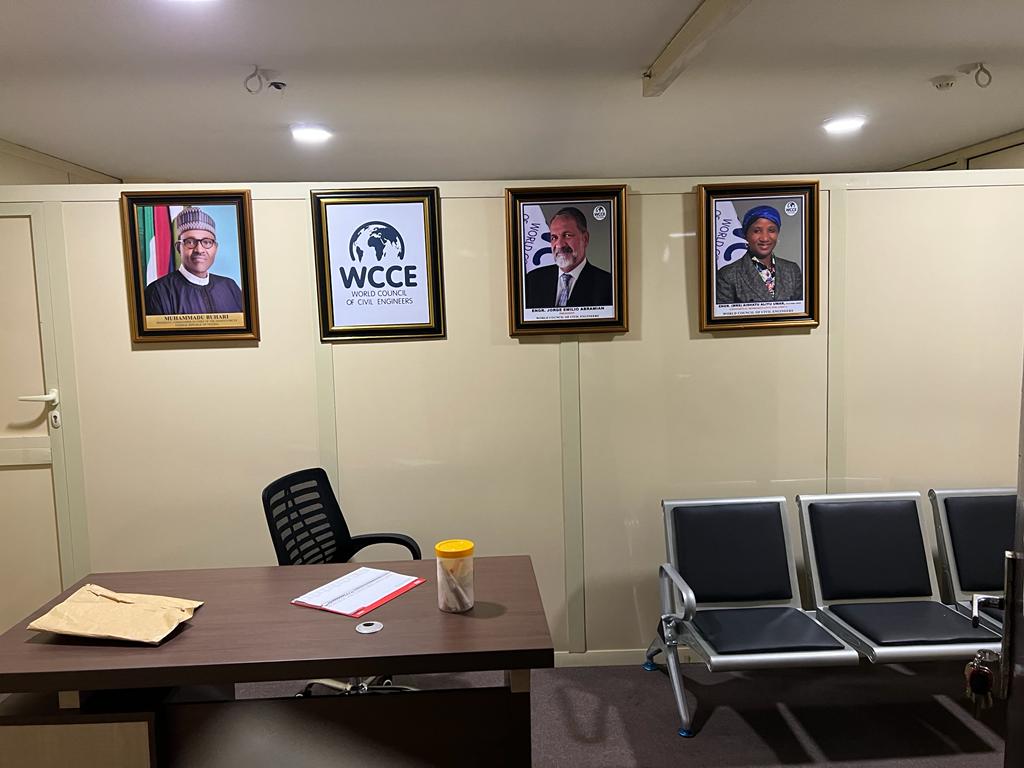 "The WCCE’s Continental Representative for Africa Eng. Dr. Aishatu Aliyu Umar, Nigeria's representative to WCCE, gave a distinguished lecture about “Nigeria’s Energy Transition Plan: The Pathway to Future Low-Carbon Energy System”. Dr. Aishatu is a restless engineer that has recently inaugurated the continental representation office, putting this facility at the service of the promotion of the Civil Engineering profession as well as the WCCE objectives".
"The WCCE’s Continental Representative for Africa Eng. Dr. Aishatu Aliyu Umar, Nigeria's representative to WCCE, gave a distinguished lecture about “Nigeria’s Energy Transition Plan: The Pathway to Future Low-Carbon Energy System”. Dr. Aishatu is a restless engineer that has recently inaugurated the continental representation office, putting this facility at the service of the promotion of the Civil Engineering profession as well as the WCCE objectives".
African Continental Office
📯 Open call for member organizations to host WCCE’s next General Assemblies
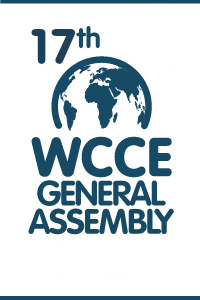 WCCE’s Executive Committee agreed to open an open call for member organizations to host WCCE’s next General Assemblies (2022, 2023, and 2024). Expressions of interest are to be submitted from the Presidency of the host member organization to WCCE’s Secretariat including at least the following details:
WCCE’s Executive Committee agreed to open an open call for member organizations to host WCCE’s next General Assemblies (2022, 2023, and 2024). Expressions of interest are to be submitted from the Presidency of the host member organization to WCCE’s Secretariat including at least the following details:
- Host city and access details (Distance to the nearby international airport).
- Proposed dates
- Potential concurrent events with WCCE’s GA.
- Contact to request any expanded information on the proposal.
- Any other information that may be considered relevant to evaluate the proposal.
Expressions of interest should be submitted in writing to Secretariat
We remain at your disposal for any clarification through WCCE Secretariat
Page 5 of 25


